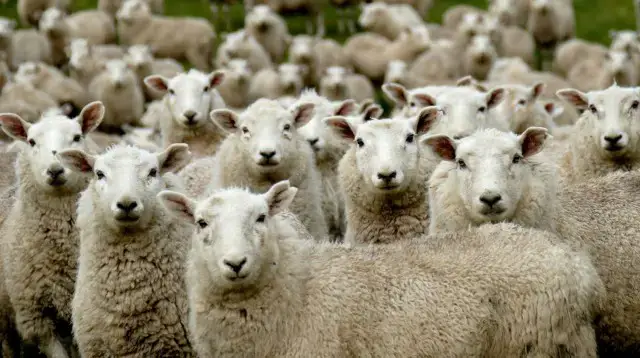Who decides what’s “normal” and why? As social norms increasingly dissolve, here’s how to find true guidance.
Show More Show Less View Video Transcript
0:00
Why do cultures develop social norms
0:08
The clearest answer to me is that they're shortcuts. They provide you with a general guidebook of how to behave in society
0:16
at least for the place and time that you're in, and that can ideally help you live a better life
0:22
Social norms that are enforced by our communities or by broader groups
0:26
also come with enforcement mechanisms that are often more effective than our own knowledge
0:32
The positive motivations that we feel when we engage in social norms
0:38
a sense of pride, accomplishment being looked upon happily by other people, are powerful
0:45
And then the negative reinforcements, a sense of guilt when we transgress social norms
0:51
help keep us in line. But we're in a moment right now where society is changing rapidly
0:58
and where many of us are not sure whether old social norms still apply
1:03
How do you evaluate whether a social norm is past its sell-by-date
1:08
whether it's still useful in the modern era? The English writer G.K. Chesterton talks about what one should do if you encounter a fence
1:15
unattended in a field. Some people might have the impulse to just tear it down
1:21
After all, what is it doing there standing alone in this field? But he actually suggests that one should investigate
1:28
The fence may not seem useful to you in this moment, but it was probably put there for a reason
1:35
and one should try and figure out what that reason was before discarding the fence entirely
1:40
I think that notion can be applied to social norms, too, even ones that seem outdated
1:47
So here's one example. Should men open doors for women? When you trying to figure out whether a norm has any use still It helpful to look at what it was there for originally Was it there to help someone to protect to orient society in a useful way Is that
2:08
use case still in some way valid now? If so, maybe that norm is still doing something good
2:15
even if it isn't evident immediately to you. With the dissolving of social norms, some people
2:21
are looking for guidance. So who do people look to for guidance in the past? They look to their
2:28
parents, their families. They look to religious leaders and sometimes state leaders. Who do
2:36
people look to for guidance now? Well, let's say the slate has grown. It kind of feels like
2:42
there's a coach for anything, whether it's meditation or parenting or how to become the best CEO
2:49
There are lifestyle influencers, fitness influencers, there are beauty gurus and masculinity gurus
2:58
So what's problematic about seeking the guidance of a self-described expert? The problem is in the self-described. They may say they're expert, but are they really
3:08
What qualifications do they have and why should you believe them? And then again, there's the question of what social norms are for and how they're built
3:16
ideally social norms are adapted to situations, times, and places, and the communities that they're embedded in
3:25
A social norm that may be fit for one community or one kind of person may not be applicable to everyone else
3:32
Similarly, the advice given by a fitness guru or a beauty influencer might sell well on the internet, but might not actually be tailored helpfully to you
3:46
Want to dive deeper? Become a big think member and join our members-only community, watch videos early, and unlock full interviews
#Social Issues & Advocacy
#Etiquette
#Ethics



